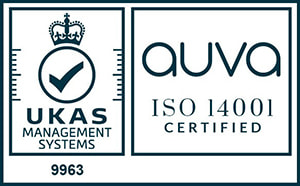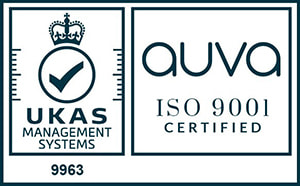
What exactly is ‘MCS’?
MCS or the Microgeneration Certification Scheme is a mark of quality in the field of low carbon technologies. It was created in 2008 by the MCS Foundation and is supported by the Department for Business, Energy & Industrial Strategy. Today, if a product has received MCS certification, it is confirmation that the product complies with specific low carbon standards; similarly, an MCS-certified installer will have trained specifically and be judged competent in the installation of low carbon technologies. More importantly, MCS goes hand in glove with BUS, or the Boiler Upgrade Scheme. BUS provides upfront grants to incentivise homeowners to replace their fossil-fuel appliances with low carbon alternatives like heat pumps and biomass boilers in England and Wales to support the Government’s target of reaching net zero by 2050. Grants of £7,500 are available for air source heat pumps (ASHPs) and ground source heat pumps (GSHPs), and grants of £5,000 are available for Biomass boilers. In addition, from 1 April 2022 – 31 March 2027, there is 0% VAT on the installation of energy-saving materials which includes heat pumps and biomass boilers. Funding is confirmed until 31 March 2028.
Homeowners wanting to access these grants have to do this via their MCS-certified installer who must install an MCS-certified product, otherwise the installation will be ineligible for the grant. The installer will claim for the grant which will be deducted from the overall quote, and the homeowner pays the difference. (An installer doesn’t need to be certified by MCS to install low-carbon technologies, but will be ineligible to claim BUS grants.)
In Scotland, which has a more ambitious target of net zero by 2045, the grant system operates differently to BUS. Launched in 2015, the Home Energy Scotland Grant (HES), funded by the Scottish Government, will provide up to £15,000 to install a heat pump: up to £7,500 as a grant plus up to £7,500 as an optional loan, or a £9,000 grant plus a £7,500 optional loan if the household qualifies for the rural uplift. There’s even better news for homeowners in Scotland as HES grants cover hybrid heating systems like the Intergas Xtend. Hybrids currently aren’t eligible for the BUS grant in England and Wales, but it would undoubtedly drive interest in decarbonising homes.
The case for hybrid heating systems has been set out in the Heating and Hot Water Industry Council’s (HHIC) latest whitepaper ‘Hybrid Heat Pumps: A Flexible Route to Decarbonise Heat’. Within the whitepaper, the HHIC raises the point that opting for a hybrid system allows for an immediate reduction in carbon emissions for those unable to transition to all-electric heating at present. We’ll keep you posted on progress.






